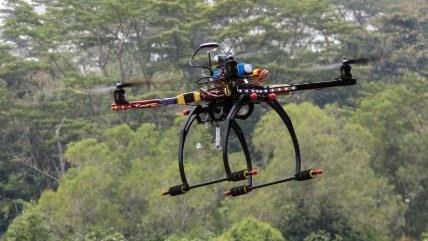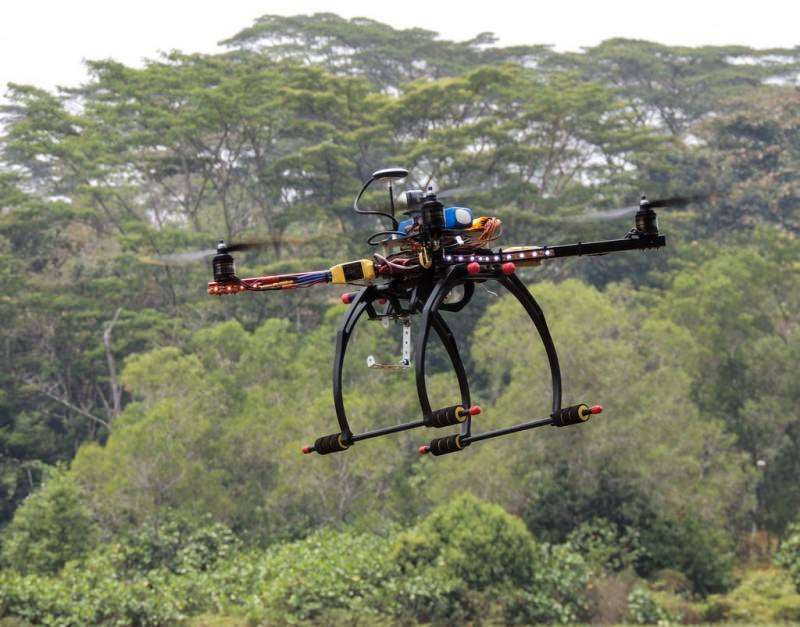Task Force Will Hammer Out Who Will Have to Report Their Drones to the Government
Can we start with the CIA?


As teased on Friday, the Department of Transportation DOT today announced plans to require citizens to register their drones or unmanned aircraft systems (UAS) to the federal government. Or rather, today the DOT announced plans to develop plans. So it goes for government policies.
Who is going to have to register their drones? Will this be for existing drone purchases or just new ones? That's unclear for now. DOT is putting together a task force that includes both government representatives and folks from within the UAS industry. They'll be giving their recommendations by November 20.
What is clear is that the intent is definitely not to make every American citizen register every little electric whirligig that can hover in the air, and they're not trying to mess with the hobby remote aircraft community that has existed long before this current UAS culture developed. The DOT release notes:
The group will advise the Department on which aircraft should be exempt from registration due to a low safety risk, including toys and certain other small UAS. The task force also will explore options for a streamlined system that would make registration less burdensome for commercial UAS operators.
Transportation Secretary Anthony Foxx says it's all about responsibility. Concerned about close calls between UAS drones and airplanes, they want to make sure the Federal Aviation Administration (FAA) can track down drones that are flown recklessly (or to be more specific—what the government determines to be reckless).
So how small is small, actually? Even small drones could be dangerous if it gets struck by a plane midair. My suspicion/prediction is that the registration will not be based on the size of the drone but rather what it's capable of. If it can fly above a certain threshold and if it can be used for surveillance, I'm going to suspect government officials are going to want to have them registered, even if they are very small drones.
It's also worth pointing out or reminding that the FAA had already been planning in its commercial drone rules that all UAS vehicles have unique identifiers for tracking, just like planes. When those initial plans were announced back in February, there were concerns that heavy federal regulation could drive out potential small entrepreneurs. Mandatory registration at point of sale would certainly make it easier for the FAA to implement and enforce oppressive policies that could pretty much guarantee it, if that's what they (or the industry representatives that will be lobbying these rules) wanted. Certainly, proposing absurdly high fines for perceived violations is definitely intended to intimidate UAS pilots.
Most importantly, all Americans will lose out if important drone cultural drone exercises like the one below are not permitted to take place:


Show Comments (60)